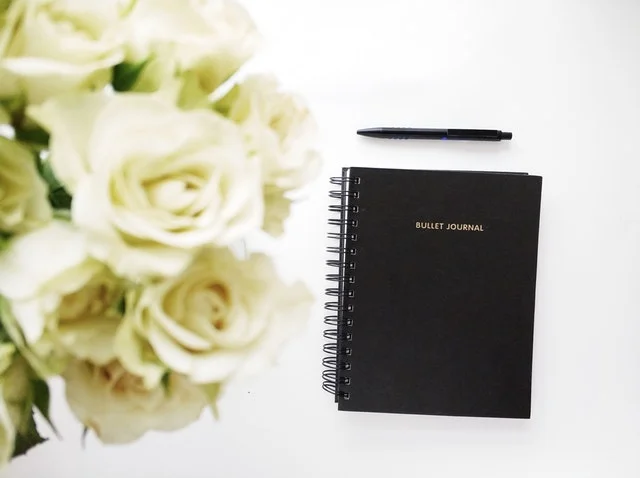I still remember how frightened and thrilled I was to go full-time freelance in August 2017. Freshly free from a sweaty, crowded commute downtown every day, I spent my mornings walking along the lakefront trail of Lake Michigan, eventually settling in a spot to sit and listen to the waves caress the concrete. Those first few months were hard, but working in jobs that weren’t suitable for me was much harder. Still, if you had told me that I would continue freelancing for the foreseeable future—even in a deadly pandemic—I might have given you the side eye.
Now that the pandemic is in its second year, I'm even more grateful to be self-employed if for no other reason than the ability to choose to work from home without risking my livelihood or my life. But working as an independent journalist, especially in times like these, remains challenging to say the least. I, like so many others, am dealing with burnout and interpersonal relationship issues that don't come with easy answers. I'm trying to balance my career ambitions with my personal relationships and my overall health. I can't say that I've learned all the tips and tricks and best practices for freelancing at a time like this, but here's what my fourth year of full-time freelancing has taught me:
Trust your instincts
I've repeatedly made the mistake of overlooking bright red flags in favor of giving a potential client the benefit of the doubt. For example, I recently had a client who offered a good rate, but the parent company's contract was surprisingly so awful that it took me great pains to negotiate it more in my favor. Unfortunately, the headaches did not end there. The client and I were not a good match, and I wound up doing far more work than I anticipated, which ultimately drove down the hourly rate for the project. I've been repeatedly reminded that the signs of a poor client relationship tend to show themselves early, and that I need to pay attention to them before they take my attention away from other, more rewarding work.
Is the project rate too low for the amount of work required? Is the client adding more work beyond what was initially agreed upon in the scope of work? Are they slow to respond to follow-up questions? Have other freelancers complained that the parent company takes too long to pay? Does the parent company show an unwillingness to negotiate the terms of a contract? All of these things are red flags and must be avoided whenever possible. The clients who value your expertise and skill set will make working with them seamless.
Ask for what you deserve
Early on in my freelance journey, earning more money meant working on more projects. But I've since reached a point where I've realized that taking on too much work can lead to burnout and result in me not feeling my best nor producing my best work. At some point, I realized that I needed to command more money per story and progress towards working less and earning more.
Though some of my clients have kindly increased my rates over time, others have not, which means it's up to me to broach the subject. I will raise my rates across the board very soon. I plan to earn more this year than I did last year, which was my highest income year of my career despite the COVID-19 pandemic. Besides keeping up with the ever-rising cost of living, it is my hope that raising my rates will put me closer to the financial goals I seek to achieve.
Take time off
As I sit here writing this blog post, I've just finished a week-long staycation in which I took a brief trip to a secluded cottage outside the city of Chicago. It was the first time in a long time I felt crisp countryside air in my lungs without a mask on. Despite the shifting mask mandates, I've continued wearing a mask and largely sheltering in place, so to be without a mask for the first time in over a year felt as though I were naked. It was quiet enough, distant enough from the city, to hear all sorts of birds and animals rustling in the trees.
The trip gave me some time to reset and think about my priorities. In truth, I could use a whole month off, but a week off gave me enough energy to return to work with a new perspective on my life goals and how my career will hopefully help me reach them. It is a privilege to take time off, a privilege that should be available to every worker regardless of their profession. If you do have the ability to take time off as a freelancer, doing so is one of the best things you can do for your overall health.
What topics do you want me to explore in future posts? Tell me in the comments or email me at contact@thefreelancebeat.com.



